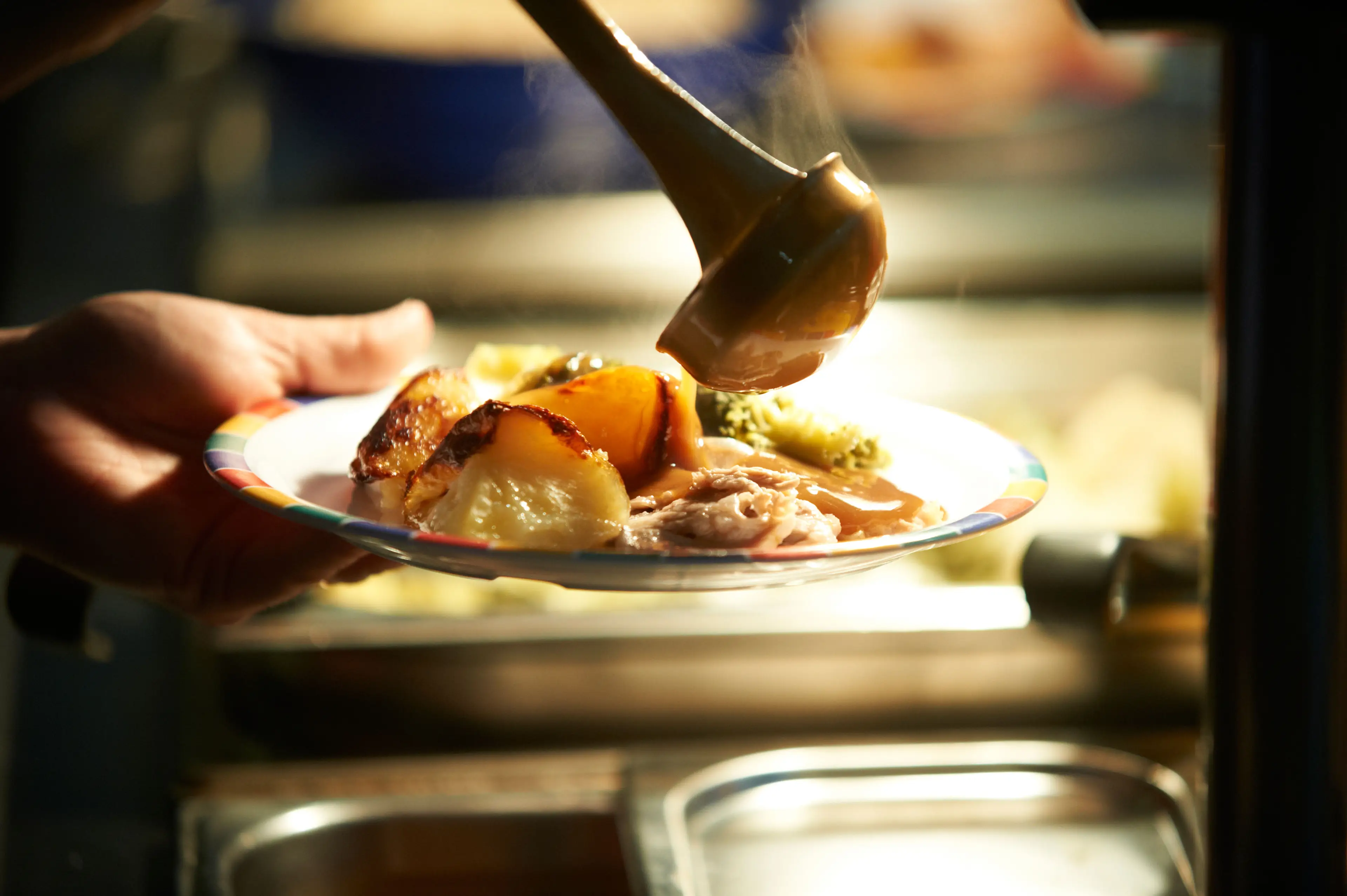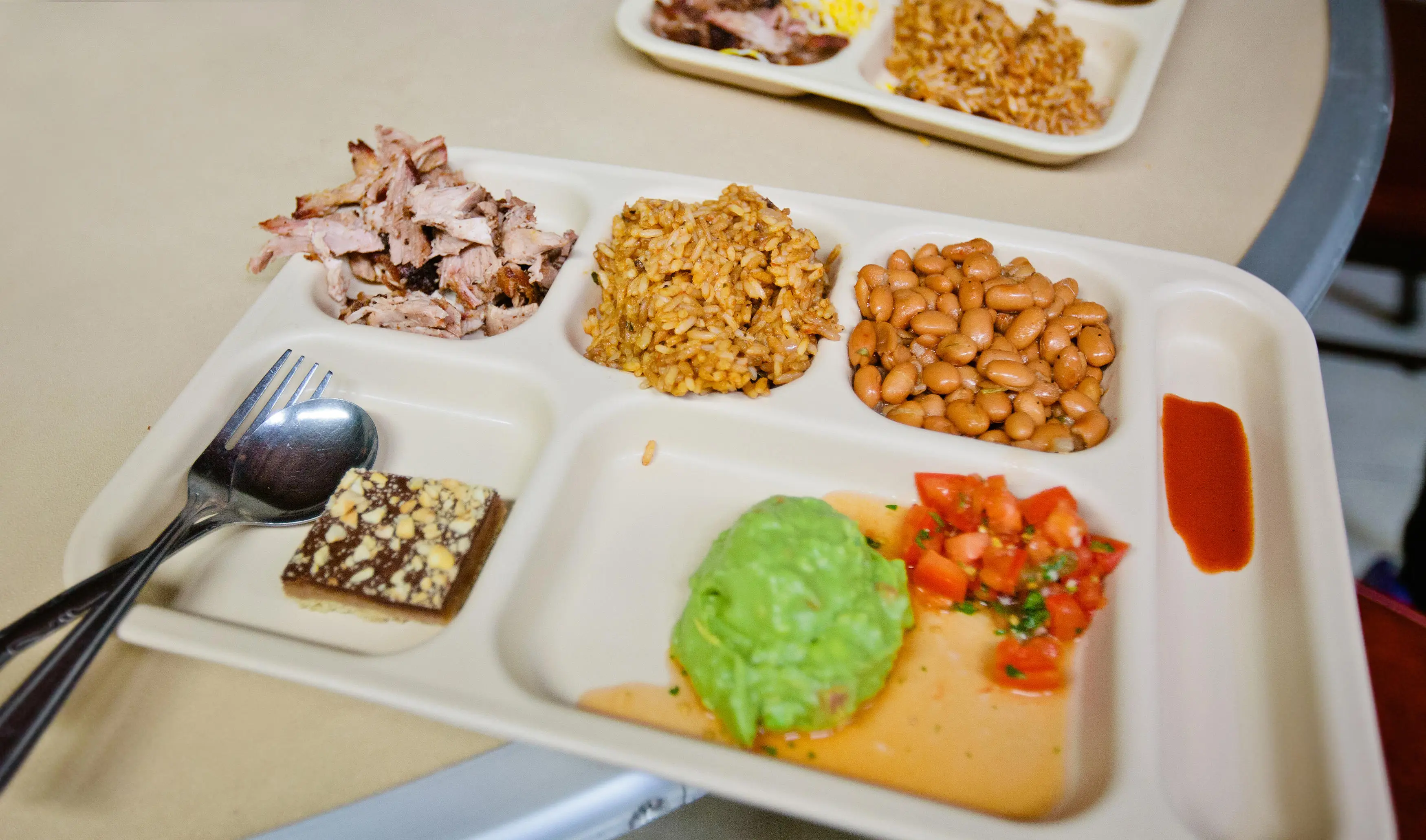
We’ve all seen and heard news over the years about some of the weird and wonderful last meals that US prisoners request before they are sent for execution, but did you ever stop to wonder how that whole thing came about?
It turns out that there’s probably more the strange tradition meets the eye, and some even believe that it might stretch back for millennia.
Of course, not all states still offer a last meal of their choosing to inmates that are scheduled to be executed, and some have restrictions on what people can ask for, but still the speculation around them persists.
Arizona has previously released a list of last meal requests, and some other corrections officials have even revealed what prisoners ate after they have been executed.
Advert
In truth, the practice might have roots in the world of the Ancient Greeks, as suggested in a paper written by a scholar at Mercer University School of Georgia in 2014.

That published article states that the idea of a last meal before death might ‘stretch back across centuries of United States history and before.’
Many people believe that the idea of a last meal comes from the Last Supper eaten by Jesus Christ before he went to his crucifixion, but there’s a chance that it was already in existence then, as far back as pre-Christian Greece.
The paper claims: "In Ancient Greece, you had to feed the person who was going to be executed, so that they could cross the River Styx into the underworld, and not come back as a hungry ghost.”
Nobody wants hungry ghosts wandering around, do they?
And if the price to avoid that is getting a few burgers and chicken nuggets in, then so be it.
There are later suggestions for how the practice evolved.
"The Puritans of Massachusetts once held grand feasts for the condemned, believing it emulated the Last Supper of Christ, representing a communal atonement for the community and the prisoner," the author of the paper states.
The actual truth – as is so often the case with these things – is probably hidden away in the murky depths of time, but there’s some interesting theories to be going along with.
As mentioned before, different states have different takes on what can be ordered by prisoners, if they are allowed at all.

Texas is one of the states that outlawed the last meal for condemned prisoners after Lawrence Russell Brewer ordered a huge meal and then didn’t eat a bite.
In Arizona, an inmate can request a meal by filling in a form no later than 14 days before their execution date and – the state claims – ‘reasonable effort shall be made to accommodate the request’.
In Florida, the meal must be available to purchase locally and the amount spent on it is capped at $40.
You can still get a decent meal for that amount, though.
In reality, perhaps the fascination with the last meal remains because it shows a human side to people who have been condemned to die.
In an interview with BBC News, Deborah Denno explained: "It brings us back to the fact that this is a human being who will not be having any more dinners like we do.”
If you have a story you want to tell, send it to UNILAD via [email protected]
Topics: US News, Crime, Food and Drink